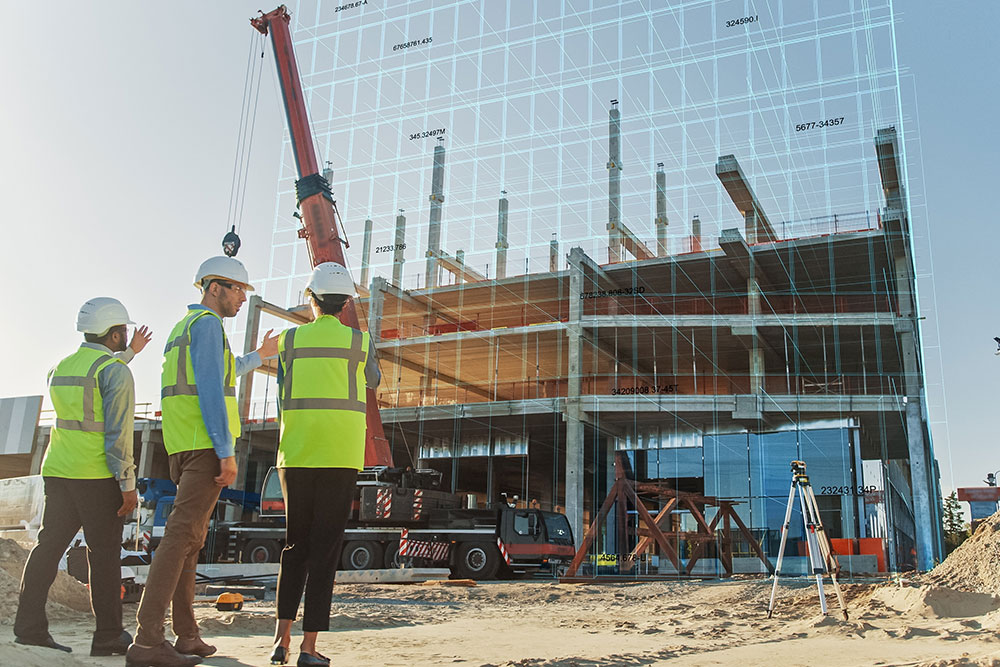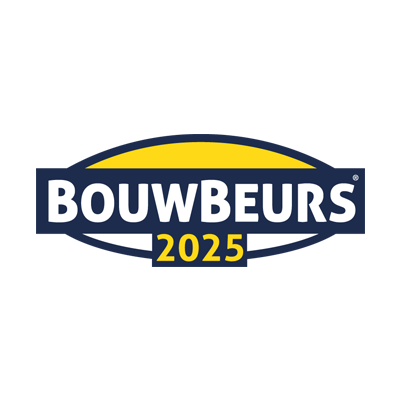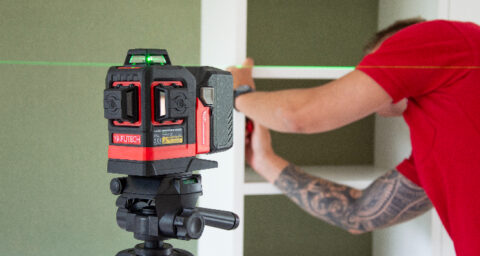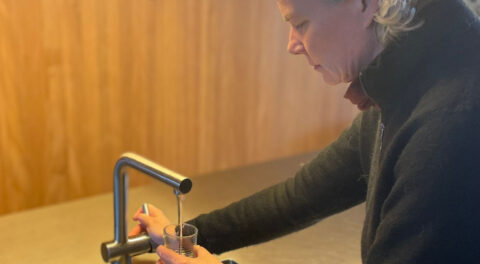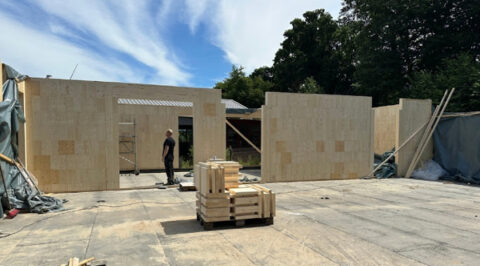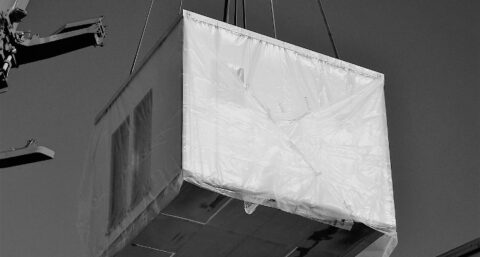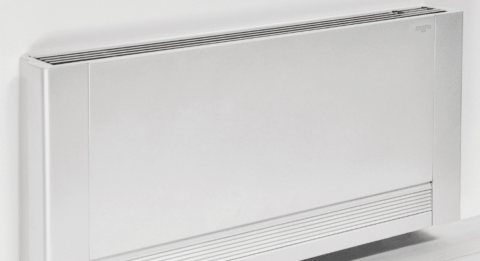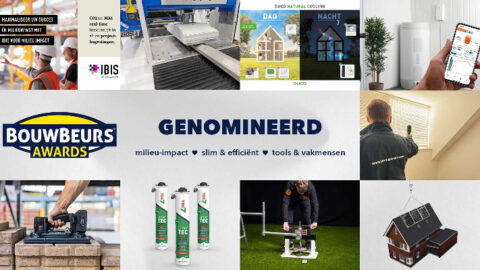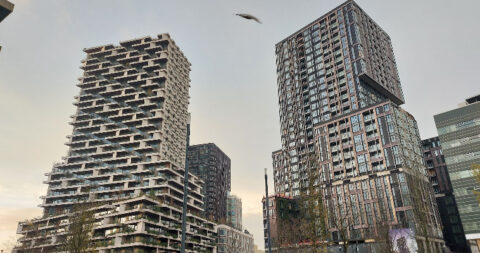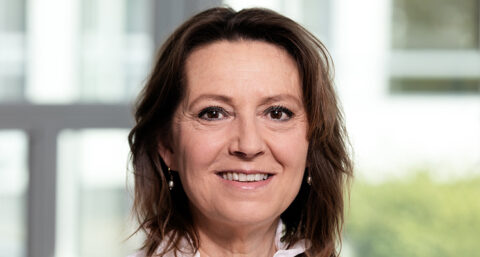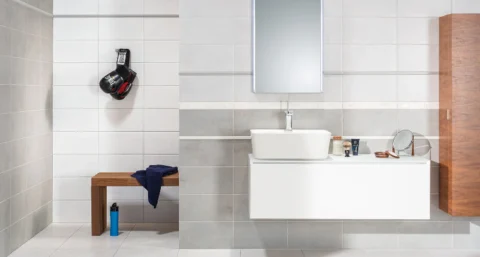Data and its implementation are now commonplace. Every company is working on it. Of course, some more than others, but it is almost impossible to exclude yourself from it. In the construction industry, it is overwhelmingly a requirement to keep up with the times.
Ultimately, an efficient approach to a construction project has significant advantages. Especially in terms of sustainability, efficiency and cost-effectiveness.
BIM
Originally an abbreviation for Building Information Modeling. Better known in the Netherlands as building information modeling. BIM is a digital model in which all aspects of a construction project are brought together and used by all parties involved. The model contains, for example, information about the material to be used, positioning of (for example a wall) within a floor, which electrical facilities are included in that wall and much more. Consider, for example, how ventilation will be connected through the project, or where plumbing should be placed. All this information "talks" to each other so that the logistics around the project can also be seamless. That efficiency helps reduce such things as failure costs, which in construction are between 5% and 15%.
Reality
Of course, different types of "Reality" have made its appearance in construction. Through virtual reality (VR) and augmented reality (AR), projects can become visible well before construction has begun. Whereas with VR you are in a completely digital environment, AR offers the possibility to show a combination of the real environment and the digital one. Especially very useful within renovation projects because you can see how the planned fits within the existing environment.
DigiBouw
Developments are happening at lightning speed and it is especially important for all involved to be well informed. There is a lot of information out there, but often specialized and in one specific area. A new initiative of Jaarbeurs brings everything together. On November 20 and 21, there is DigiBouw. This new event should be the meeting place where construction and installation professionals get tools to accelerate digitalization within their company.
Improve adoption
With its knowledge and experience, the Netherlands is one of the leaders in Europe in the field of digitalization in the construction and installation sector. Jeroen van Hooff, CEO Royal Jaarbeurs: "In recent years, we see that under the influence of sustainability and energy transition, the construction and installation sector is facing a major challenge. Legislation has also tightened with the addition of the Building Quality Assurance Act (Wkb). However, we see that the adoption of digitization among construction and installation professionals can be improved. I am proud that from now on, in cooperation with digiGO, we can also offer a platform for the Dutch builder who wants to know everything about digitization of his construction company." Pieter van Teeffelen, Director of Direction & Organization, digiGO: "We are going to set the pack in motion towards more digital collaboration and that is why we are collaborating with Jaarbeurs on this new event."
Sharing knowledge
During DigiBouw frontrunners from the market will share how they have digitized their business processes. Pieter Beuker, Management Member Sales & Customer Success at Pro4all and one of the frontrunners: "The construction industry is facing major challenges: newspapers are full of nitrogen, the WKB and the housing shortage. But you never actually hear anything about work pressure, because the tough men and women of the construction industry are used to that. While research by Berenschot recently showed that one in four UTA workers suffers from excessive work pressure. By deploying software to make construction processes run more smoothly, you reduce that workload and make room to tackle other major challenges. As a software provider, we are happy to contribute to that."
Learn more about DigiBouw at DigiBouw.co.uk.
